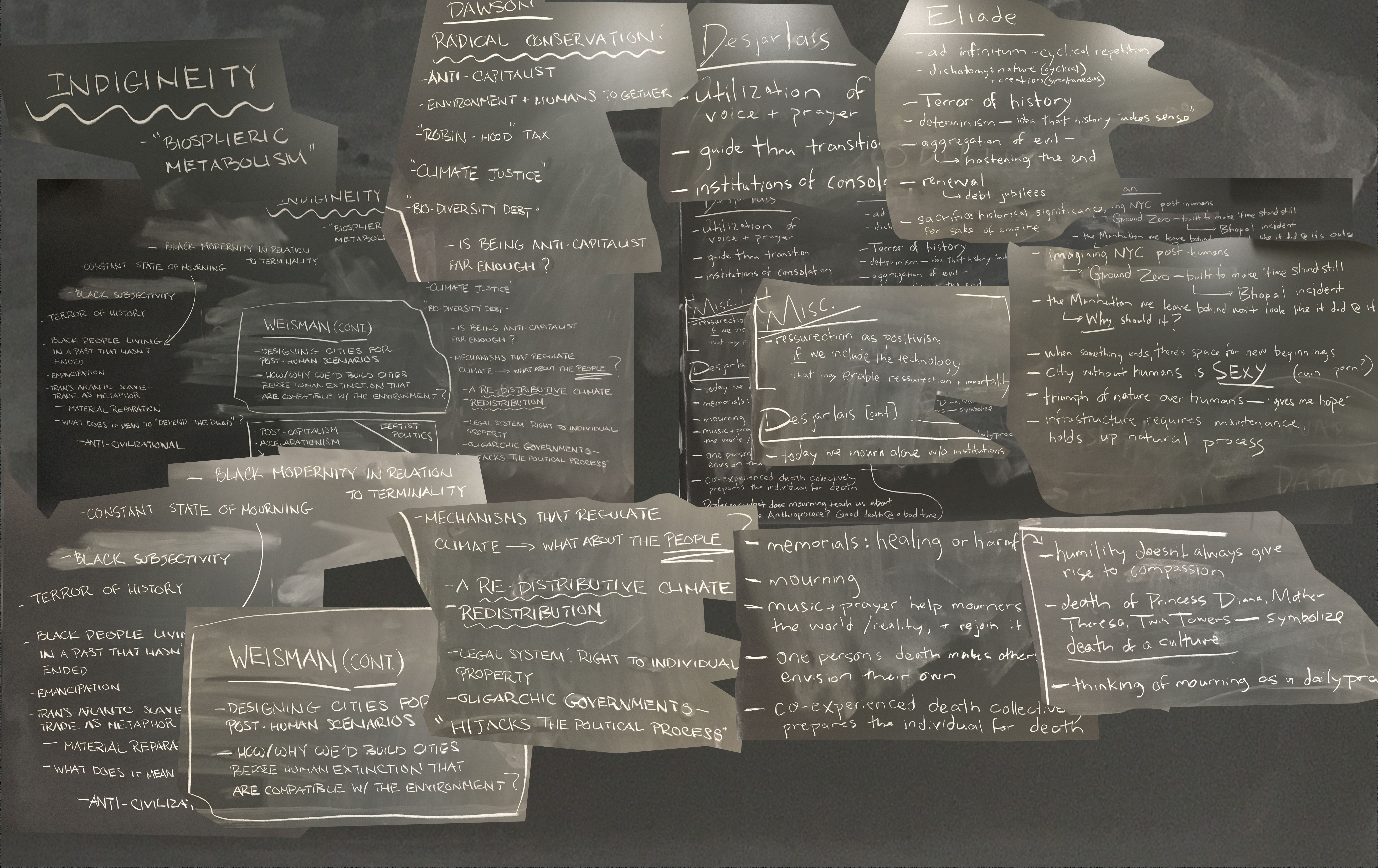Group 7: Armando, Ousmane, Oscar
Our group’s question for Dr. Figueroa-Helland aimed to understand his position on the people he defined as indigenous “white-allies” using indigenous methods of permaculture or agriculture in their personal lives. Figueroa-Helland expressed his disappointment that most modern permaculture practices do not explicitly recognize that the use of permaculture is not a “new knowledge”. Because permacultures were originally part of indigenous practices, Figueroa-Helland stressed the importance of engaging with indigenous people when adapting traditional indigenous farming methods.
Specifically, engaging with indigenous experts in permaculture is important when developing modern permaculture practices for two main reasons. First, to give indigenous knowledge the platform it deserves as permaculture practices continue to be a popular method of agricultural production. Second, indigenous experts should be included as leaders in the continued development of modern permaculture practice. That the current field of permaculture does not recognize its roots in indigenous knowledge points to oppressive colonial practices of extraction and erasure.
Dr. Figueroa-Helland answered our second question without our prompting, and instead through continued conversation with our Terminality class. Our follow-up question to his above response about permaculture practices is: how can colonizers support a mission of decolonization, or at least re-affirm indigenous modes of knowledge? We were impressed at his response that, in fact,indigenous and ‘ small-holder’ farmers are responsible for producing about 50-70% of the world’s food supply. Beyond this, they’re doing so using only 20% of the world’s land. To quote Figueroa-Helland, “we’re not talking about a theoretical practice of biodiversity and sustainability that we still have to invent,” we’re talking about real numbers produced by indigenous people today.
Because it is evident that indigenous experts already have the knowledge to create sustainable lifestyles and production methods for the world, what we (colonizers) can do is work to empower the indigenous experts who have developed these practices. This means giving indigenous and ‘small-holder’ farmers the platform, resources, and freedom from intervention they need to expand their sustainable farming practices. In this sense, the place of colonizers/white-allies in efforts of decolonization is empowerment and advocacy. Taking this position may lead to development of existing indigenous practices, as well as give a platform of self-advocacy to indigenous communities.

Recent Comments